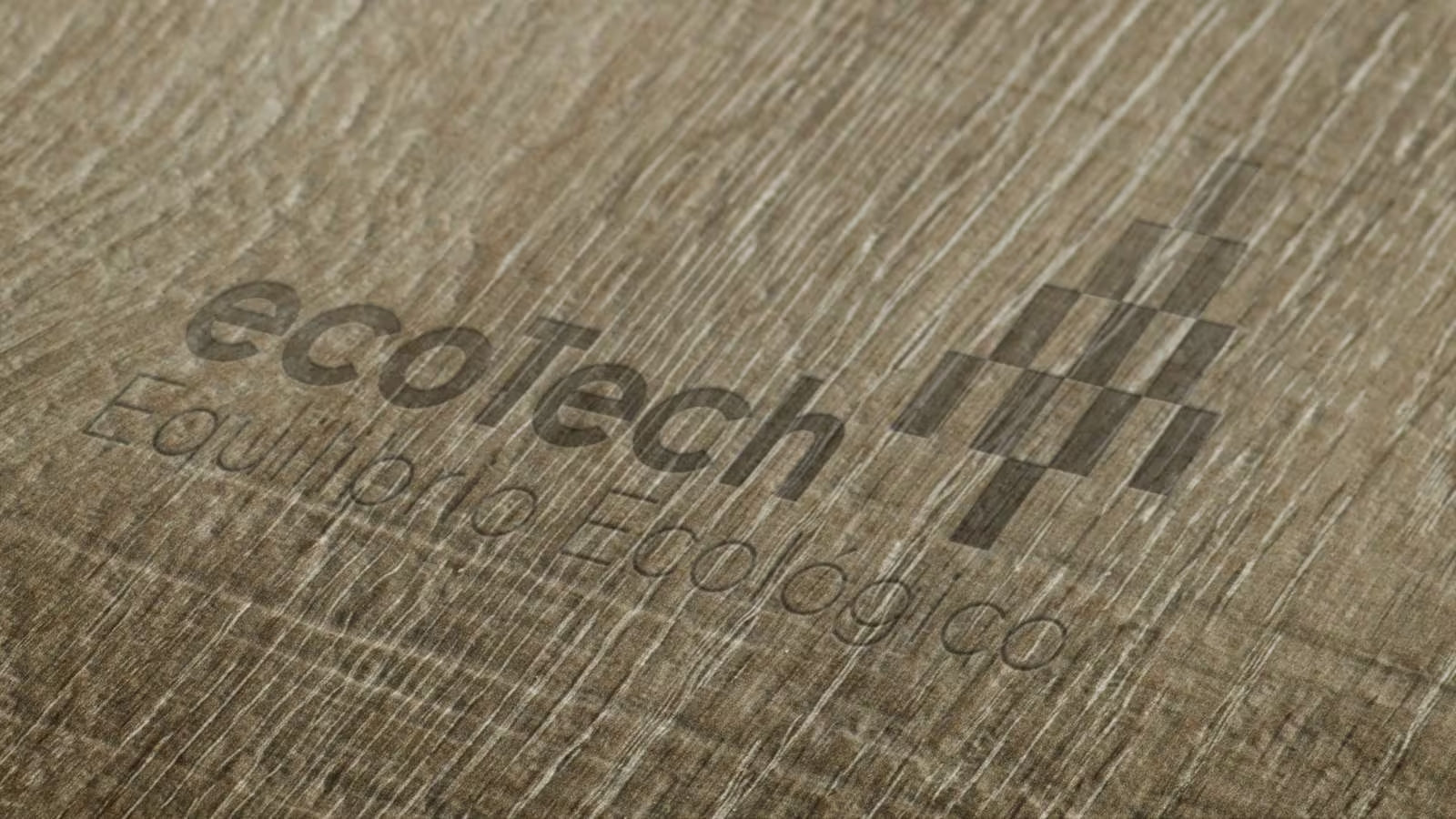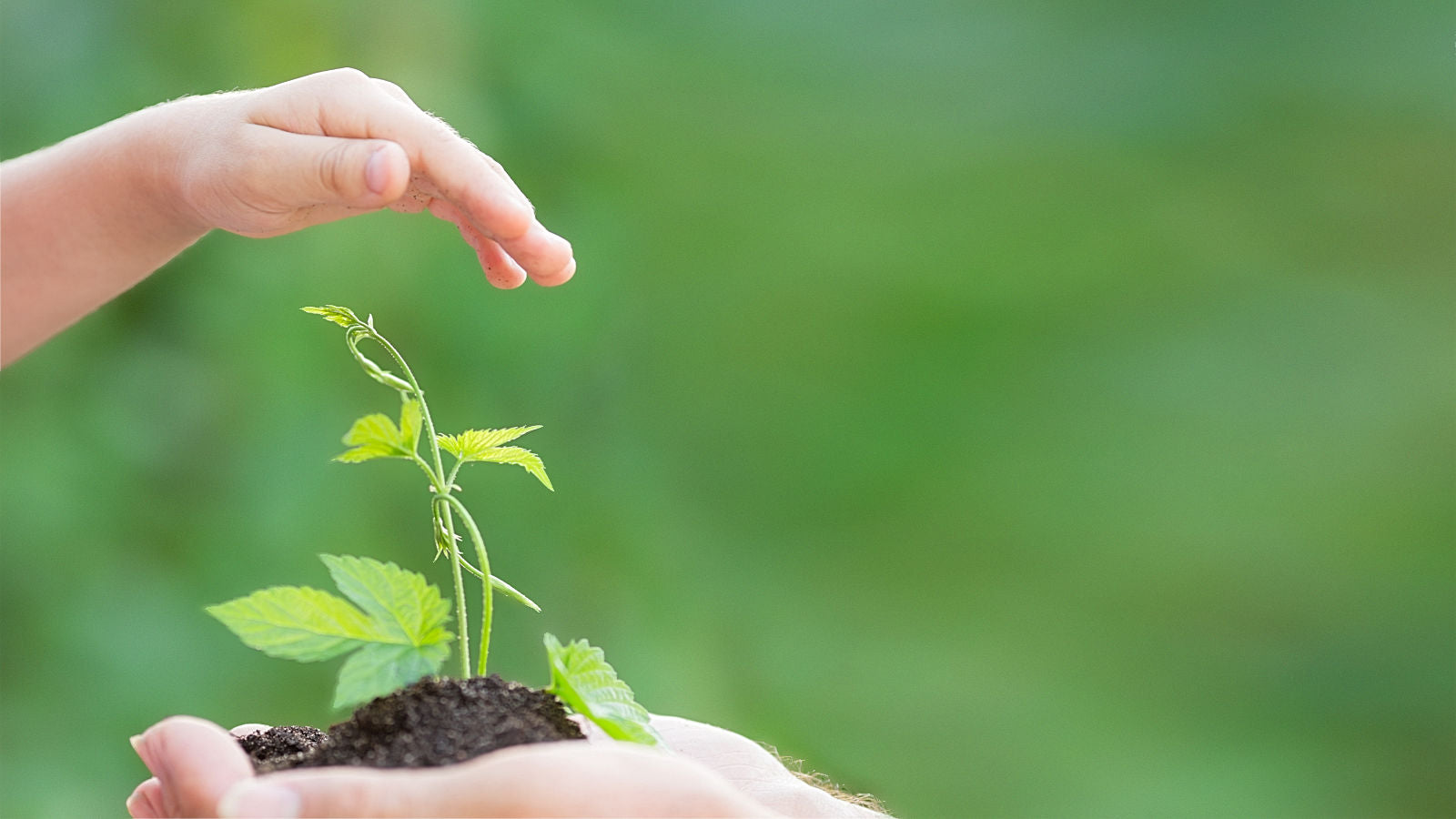- Vendor:
Product name
- Regular price
- $19.99
- Sale price
- Regular price
- $19.99
- Unit price
- / per

Porcelanosa, Sustainability & the Environment
The care and conservation of the environment has always been one of Porcelanosa Group’s major priorities. For more than 30 years, Porcelanosa has been implementing improvements to its production systems and developing market-leading sustainability policies.
Environmental building product declarations
All Porcelanosa products have Environmental Building Product Declarations or type III eco-labels in accordance with the ISO 14025 and UNE EN 15804 standards, verified and certified by a third party.
These consist of cradle-to-the-grave product analysis (an estimation of the environmental impact of Porcelanosa products throughout their whole lifecycle, from raw material quarrying to end-of-life disposal). This can be compared with any similar type of building product.
EU Ecolabel
All the models in the STON-KER® series have been awarded an EU Ecolabel, which certifies the product as having been manufactured and sold in such a way that it has a lower environmental impact than other products of a similar type. The EU Ecolabel is only granted to products that comply with the most stringent European legislation on product efficiency and environmental criteria concerning both the product and its components.
Over 95% recycled content
STON-KER® Ecologic porcelain tiles are made of spray-dried clays from reclaimed ceramic waste generated during the production process. They have a pre-consumer recycled content of over 95%, compatible with the type II environmental product declaration or eco-label established in the UNE EN 14021:1999 standard.
The outcome is a product with optimum technical characteristics, made of waste matter from the production process and only recycled water. The production process for STON-KER® Ecologic tiles has 40% less impact on global warming than the conventional manufacturing of similar products at Porcelanosa.
LEED, BREEAM and VERDE are green building certification systems that assess buildings (as opposed to products). When products by Porcelanosa are used in building projects, they can contribute to the achievement of a certain rating for that building.
Depending on the global rating that it achieves, a building will be certified as falling into one of the following categories:
Porcelanosa products are designed to help architects and specifiers obtain LEED, BREEAM and VERDE points to contribute to a building’s final rating. Porcelanosa’s robust sustainability systems and processes enable its products to obtain more points than other alternatives.
Porcelanosa products can be used to obtain points in different categories of the rating systems, depending on their use:
Porcelanosa is firmly committed to combating the effects of climate change. In order to reduce its CO2 emissions – a key goal in working toward compliance with the Kyoto Protocol – technological improvements have been introduced to try and ensure maximum energy efficiency and, by extension, environmental sustainability. The Spanish Environmental Ministry has certified Porcelanosa as having achieved a 20% drop in its carbon footprint (emitted kg of CO2/m² of manufactured products) over the last few years.
At Porcelanosa, 33% of all consumed energy is internally generated by its cogeneration plant, and the hot air generated by the plant is used to dry the slip and to obtain spray-dried powder for use in the tile pressing process. The Spanish National Energy Commission certifies the energy from Porcelanosa’s high-efficiency cogeneration plant as green energy.
Other energy-saving initiatives include:
Porcelanosa has introduced various measures to ensure efficient, responsible water use. There are currently five water treatment plants in Porcelanosa’s facilities, which guarantees zero wastewater discharges. The generated wastewater and waste slurry are re-used in the production process, and only recycled water is used for wet-grinding. These improvements are aimed at reclaiming and recycling all the wastewater from the production process.
All the waste from Porcelanosa’s manufacturing activities is re-incorporated in the process, after reprocessing or readapting. Slurry from the company’s five treatment plants is also re-used in the production process.
Porcelanosa’s approach to waste is best illustrated in the STON-KER® Ecologic series, which is independently certified as having a pre-consumer recycled content of over 95%.
At Porcelanosa, systematic steps are taken to reduce each product’s potential for generating pollution. Lifecycle analysis is undertaken on new products, from the design stage to end function, helping to plan initiatives that can reduce any potential environmental impacts.
These initiatives include:
All Porcelanosa tiles contain different percentages of recycled material. All rejects from the production process, identified before and after firing, are re-used as raw materials to make the tile body. Recycled water is used in the grinding process.
The minimum percentage of pre-consumer recycled material used to make the different tile products is shown below. In all cases, they contain no post-consumer recycled material.

Demonstrating a sustainable commitment
The environmental commitment Porcelanosa has shown toward its immediate surroundings and the environment as a whole is clearly reflected by ECOTECH®.
ECOTECH® is a collection of environmental ideas and initiatives, including substantial yearly investment into systems for recycling water, waste re-use, environmental protection and energy saving. It is an ISO 14001-certified environmental management system.